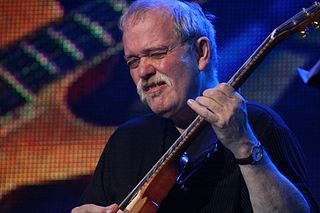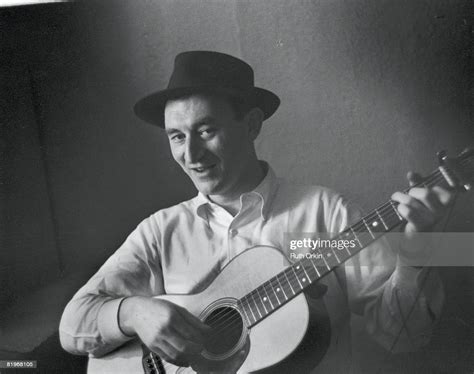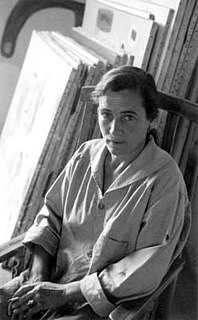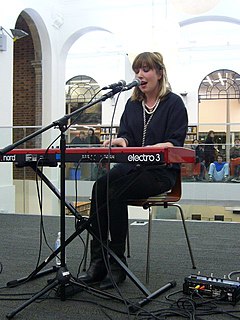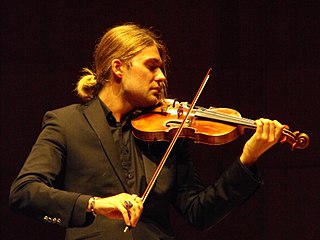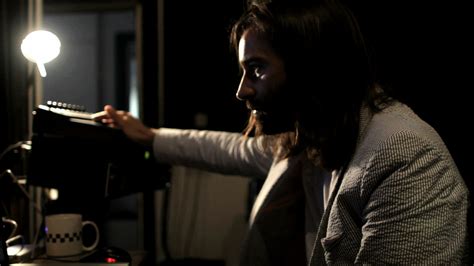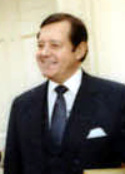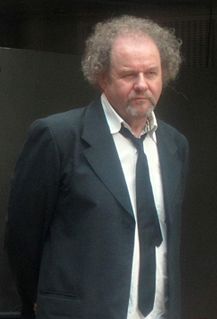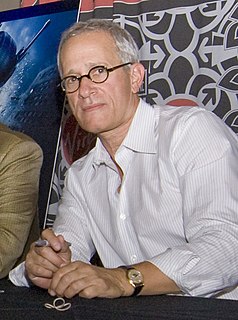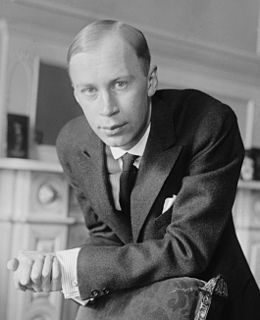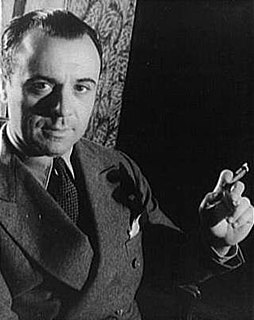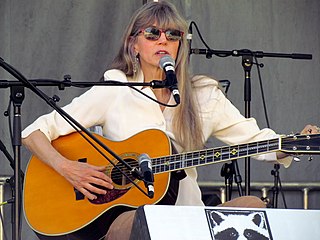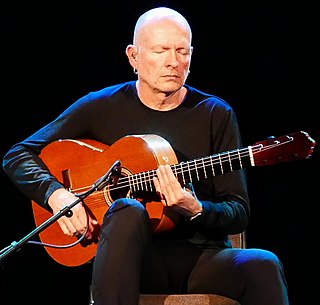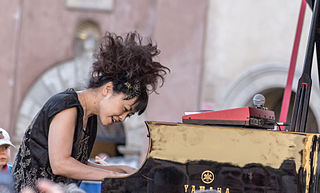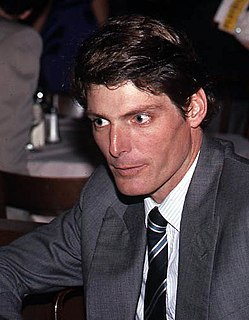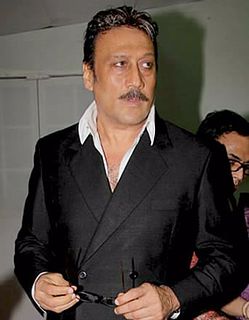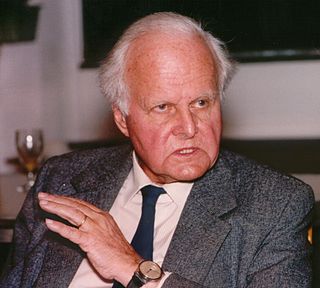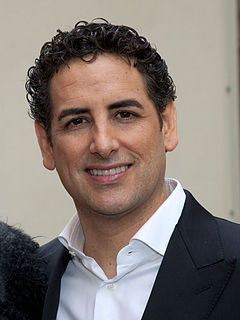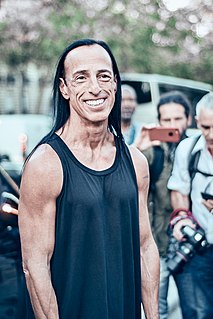Top 1200 Classical Quotes & Sayings - Page 2
Explore popular Classical quotes.
Last updated on April 15, 2025.
So many people report to be contemporary dancers, and they're not. They are sort of jazz dancers that feel like they're throwing a bit of classical in there. I mean, a true contemporary dancer has got ballet as their base and classical ballet, and that is their base. And then they choose to extemporize on that and go into a contemporary world.
Classical economics values things by seeing how much someone will pay for them. But this is where classical economics is wrong. What it fails to account for are all the 'externalities' - the services people regard as free goods: pollination services, flood protection, climate regulation, soil stabilization, carbon sequestration.
A glance at the history of European poetry is enough to inform us that rhyme itself is not indispensable. Latin poetry in the classical age had no use for it, and the kind of Latin poetry that does rhyme - as for instance the medieval 'Carmina Burana' - tends to be somewhat crude stuff in comparison with the classical verse that doesn't.
If you look at the image [ Portrait of the Artist as a Shadow of His Former Self ], it treads on a kind of popular stereotypical image of the black figure, in both its flatness and slightly comic edge. To take that image as a starting point and to render it in a proto-classical medium, like egg tempera, and then use a repertoire of classical compositional devices to make the picture was a way of setting up an engagement with art history.
What the world wants, what the world is waiting for, is not Modern Poetry or Classical Poetry or Neo-Classical Poetry - but Good Poetry. And the dreadful disreputable doubt, which stirs in my own skeptical mind, is doubt about whether it would really matter much what style a poet chose to write in, in any period, as long as he wrote Good poetry.
When I was growing up, until I was 18 or 19, I was totally invested in the classical music world. I had no concept of anything else. The closest thing to a cool band I listened to was Radiohead. Radiohead were the only band I liked in high school. I was just obsessed with classical music, opera, Claude Debussy, and that kind of stuff.
A lot of my colleagues just don't really realize that they have to work in order to get the interest of an audience, especially with young kids, especially because it [classical music] is not that popular. You don't see it on TV, you don't hear it on radio, so you really gotta put an effort into promoting classical music.
Critics of Consequentialism have often assumed that hedonism (or preference-satisfaction) must be the theory of the good, that the deontic principle must be maximizing, and that the principle should be applied to individual acts. Indeed, this version is often called "classical utilitarianism" and attributed to Bentham and sometimes even to Mill. Rather than a "classical" view it is a recent construction foisted on to the tradition.
I think if there's ever been a time we need music more, it's now. For our kids, it teaches you to take time, to listen, to work together, to listen to other people, and to use your brain. That's why classical music doesn't work when you throw it at people in a subway platform while they're rushing to work. Classical music is something that needs to be contemplated, you have to be completely present with an active mind that's working. It's not background music.
I used to do Korean classical music and started training to join an idol group after someone set me up an interview with my current agency. The common thing between Korean classical music and becoming a singer is that I get to go on stage which why I decided to get professional training for K-pop music without holding any bias.
I would say that the most complex style of singing comes from India. Real, classical Indian music produces probably the best technical and natural singers in the world, just because the patterns and the inflection are so complex in how the style moves and what it requires vocally. I think the best classical singers come from India.
Classical is a more refined and structured dance form. Folk is made for celebration. That's not a very competitive dance form. Though you can bring classical on stage, folk becomes limited. Like you would love to do bhangra and garba at parties, but when you see it on stage, it is very limited in terms of movements.
A glance at the history of European poetry is enough to inform us that rhyme itself is not indispensable. Latin poetry in the classical age had no use for it, and the kind of Latin poetry that does rhyme - as for instance the medieval Carmina Burana - tends to be somewhat crude stuff in comparison with the classical verse that doesn't.
Classical - perhaps I should say 'orchestral' - music is so digital, so cut up, rhythmically, pitchwise and in terms of the roles of the musicians. It's all in little boxes. The reason you get child prodigies in chess, arithmetic, and classical composition is that they are all worlds of discontinuous, parceled-up possibilities.
We're dealing with music that is being played by traditional instruments in a specifically built building called a concert hall.
But classical is not - the reference is wrong, because classical on one hand refers to one period in musical history, which is Mozart, Hayden, Beethoven, which is a fine period in musical history, but it was a while ago.On the other hand, it sort of alludes to some kind of "class," which A, is not true; B, is kind of detrimental to the whole idea. Because the point is that this music is available and it's actually relatively reasonably priced.
I know that the classical world has resisted film composers throwing their hat into the classical concert music ring. And you know I don't think that's totally without justification. I think sometimes it seems to me there is a built in automatic prejudice against the whole idea of it. And it's very difficult to overcome that stigma.
It seemed to me that had Haydn lived to our day he would have retained his own style while accepting something of the new at the same time. That was the kind of symphony I wanted to write: a symphony in the classical style. And when I saw that my idea was beginning to work, I called it the Classical Symphony.
I've always been a lover of classical music ever since I was an early teenager I suppose. I remember the very first piece of classical music that grabbed me was I bought an LP of Daniel Barenboim performing Mozart's piano concertos and I would have been about 14 or 15 at the time and I remember I played it over and over again.
I feel that classical music should be a more recognizable part of everyone’s entertainment. It has been my hope that through live concerts, motion pictures, recordings, international competitions, and interesting public forums, a larger group of people will learn to love classical music and attend live concert performances.
There are many influences in my music, not only blues. R&B, Motown, gospel, old timey, jazz, even classical are all part of what I do. I started with classical, then country, then blues, and after that I started listening heavily to Motown and gospel. My earliest efforts as a songwriter were soul. Aretha Franklin, Curtis Mayfield, Wilson Pickett, Gladys Knight, James Brown, Otis Redding, Marvin Gaye and Fontella Bass are just a few of the names that come to mind as the God's of soul and Motown.
As more people get into indie bands and alternative music, they're also getting more into other genres that fit those categories, like jazz and classical. It's becoming more rebellious to go to a classical concert. You're getting the younger art house crowd and regular students as well as those who are just curious.
I wouldn't know anything about opera music if it wasn't for Bugs Bunny. That was my entire introduction to opera music. I wouldn't know anything about classical music if it wasn't for "Fantasia." They didn't have to do that stuff. They chose to base this ridiculous, funny, intriguing, creative story on this beautiful classical music. It's the combination of the high and the low that I thought was very cool. But I had no concept of it as a kid.
I have respect for mother nature's methods of robustness (billions of years allow most of what is fragile to break); classical thought is more robust (in its respect for the unknown, the epistemic humility) than the modern post-Enlightenment naïve pseudoscientific autism. Thus my classical values make me advocate the triplet of erudition, elegance, and courage; against modernity's phoniness, nerdiness and philistinism
... Andres Segovia literally created the genre of classical guitar, which hadn't existed before around 1910. There was flamenco, which he borrowed from, but he actually arranged the works of Mozart and other classical composers for guitar, something that had never been done before ... Segovias' style is not slick or contrived, but it's still very clean and his timing is impeccable ... it's got a feeling of casual elegance, as if he's sitting around the house in Spain with a jug of wine, just playing from the heart.
There was a show in Germany called Beat Club, and they had a lot of bands playing live. And I had this master plan, at 11 years old, I wanted to play electric guitar, but I knew... We lived in a small apartment, there was no way that was going to happen. I told my parents I wanted a classical guitar and I wanted to start studying classical guitar. So then a few years later, I think around 16 or so, I started playing electric. But that was my, my plan as an 11 year old. I thought I was so crafty.
Some people dig jazz, some people dig classical music, some people dig rock. Everyone is so concerned about who they like. They always say, 'This guy is the best,' 'No, this guy is the best.' But I think everyone is great. I really don't have barriers to any type of music. I could listen to everything from metal to classical music to anything else.
Classical music and pop are two different universes, each with its own difficulties, peculiarities, depth and artistic dignity. In Italy, I think there is a fairly clear line of demarcation, but the history of music is full of fusion. Popular and classical music have always found points of contact, of crossing, exchange, both drawing mutual profit.
When I do things, like, with Josh Grobin, or he has so many fans, and I get people after my concerts, classical concerts, all the time coming back and saying, 'Never heard of you until I heard the song with Josh Grobin.' Then they're now classical music fans, which is something I think we need to reach a wider audience.
Too much horsing around with unrealistic stances and classic forms and rituals is just too artificial and mechanical, and doesn't really prepare the student for actual combat. A guy could get clobbered while getting into this classical mess. Classical methods like these, which I consider a form of paralysis, only solidify and constrain what was once fluid. Their practitioners are merely blindly rehearsing routines and stunts that will lead nowhere.
There are so many different ways to talk and think about art. We just spoke about when attitude becomes form. But when I was a kid, I had these two art teachers, a couple, who were continuing a line of very classical, atelier art training, and they instilled in me a sensitivity to all the classical verities of line, shape, color, texture, and composition, which is only engaging if you're making two-dimensional objects.
Oh, stuff the critics. I don't care. Too many people are snooty about classical. Look, I wasn't brought up in a home where we listened to classical music. It was a singing teacher that thought it would be best for my voice. Then I moved into crossover. And if that makes the music accessible to more people, then great.
I went to school to learn guitar, solfeggio, and harmony. I wanted to know more about music, how it works. I wanted to take voice lessons, too, and that's when I discovered what I could do with my voice. At the beginning, I thought I would do classical and pop, but then I learned that I really liked the classical music.
Being a classical musician I'm fascinated with how my colleagues, not just singers, but every musician finds ways to express something else or something new or the same ol', same ol' in classical music. I'm always in dialogue with other musicians at least orally, if I can't be with them and a lot of dead musicians as well. I've learned a lot from dead people on recordings.
When I was nine years old, I started playing guitar, and I took classical guitar lessons and studied music theory. And played jazz for a while. And then when I was around fourteen years old, I discovered punk rock. And so I then tried to unlearn everything I had learned in classical music and jazz so I could play in punk rock bands.
I have been writing JavaScript for 8 years now, and I have never once found need to use an uber function. The super idea is fairly important in the classical pattern, but it appears to be unnecessary in the prototypal and functional patterns. I now see my early attempts to support the classical model in JavaScript as a mistake.
The human attitude of which classical music is the expression is always the same; it is always based on the same kind of insight into life and strives for the same kind of victory over blind change. Classical music as gesture signifies knowledge of the tragedy of the human condition, affirmation of human destiny, courage, cheerful serenity.


